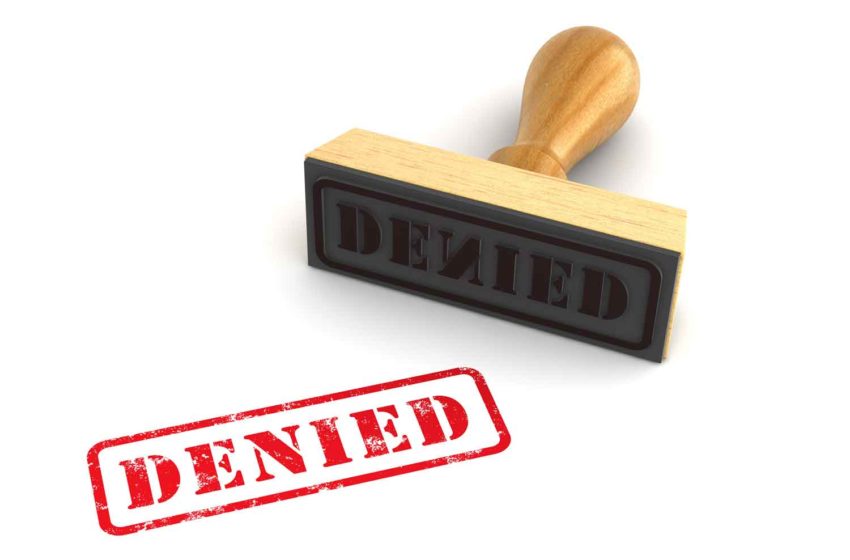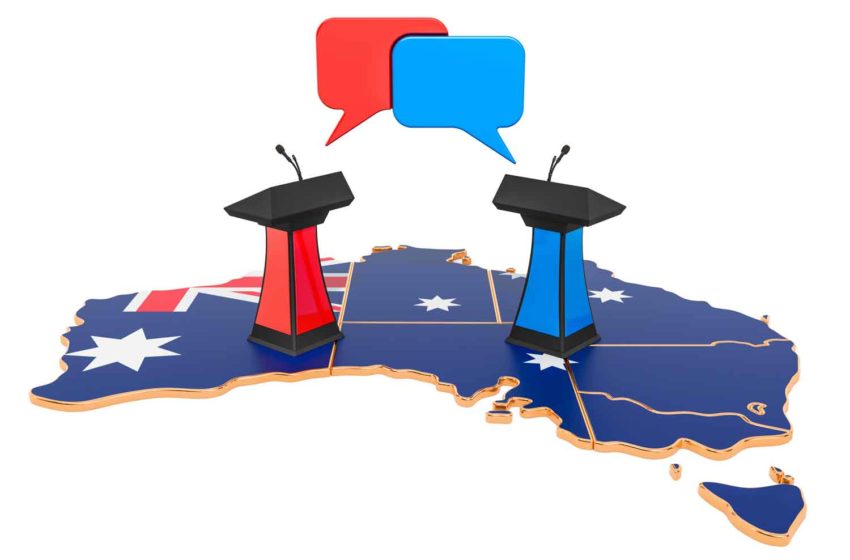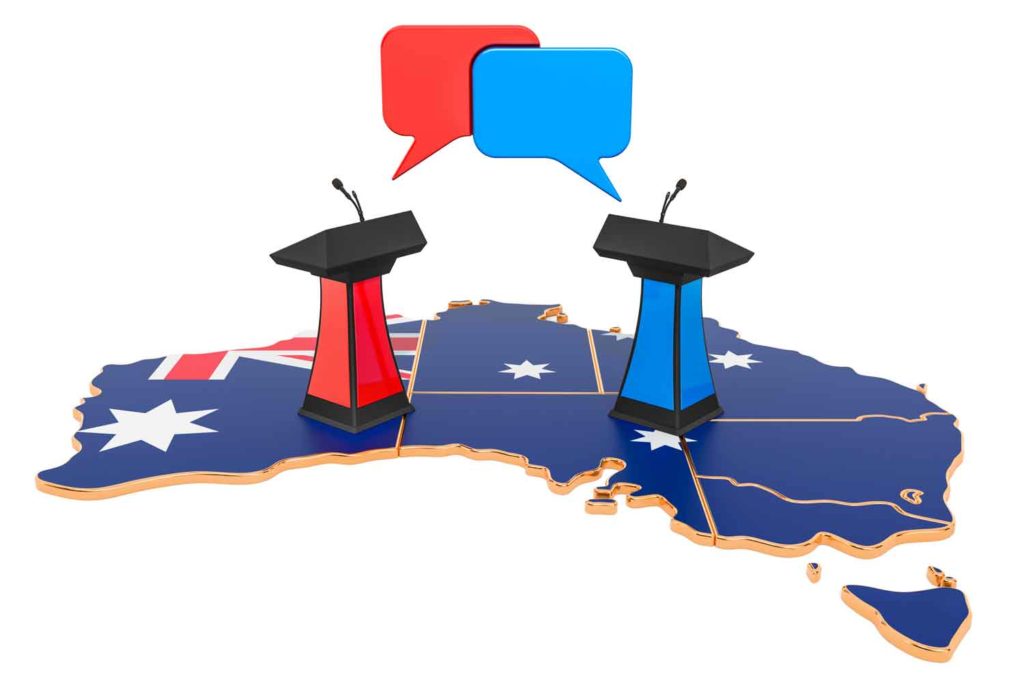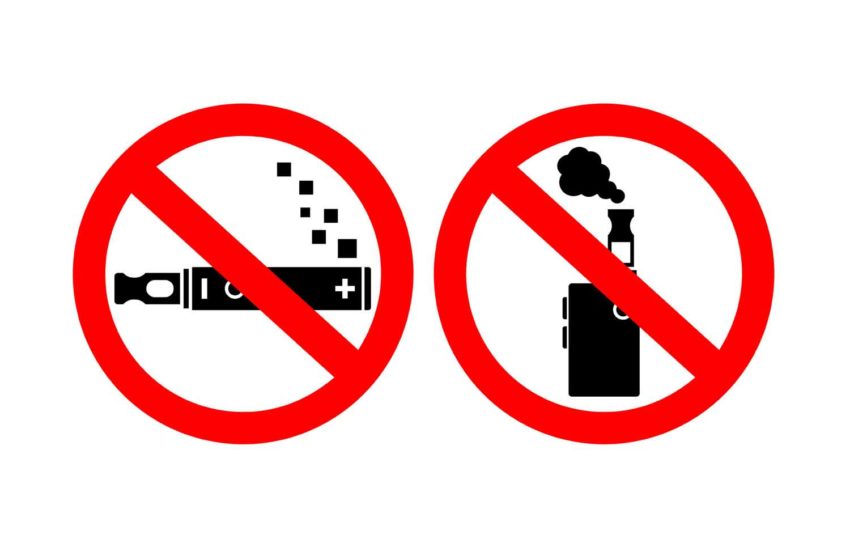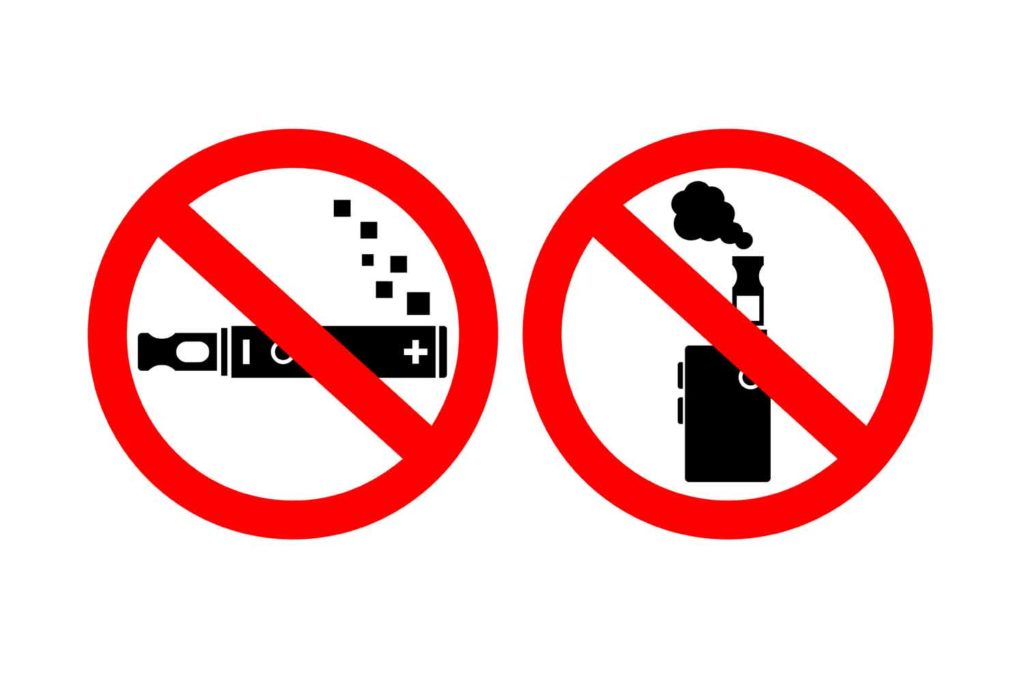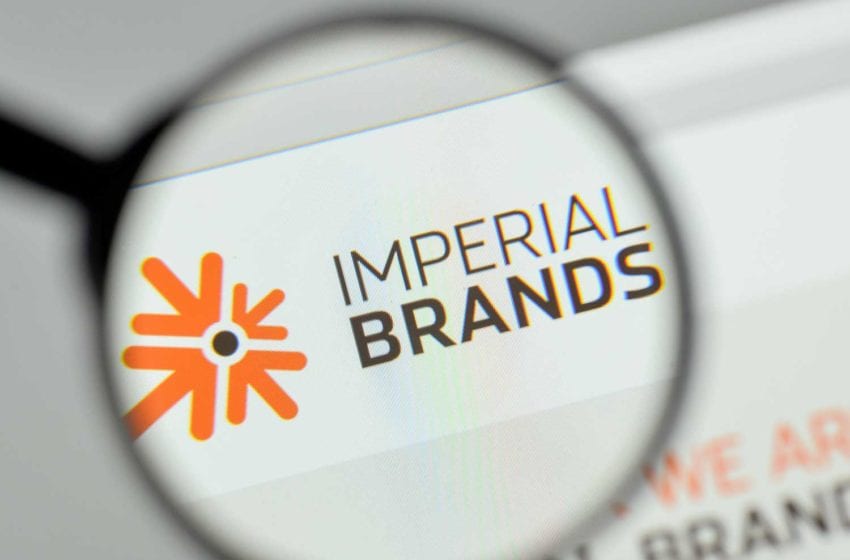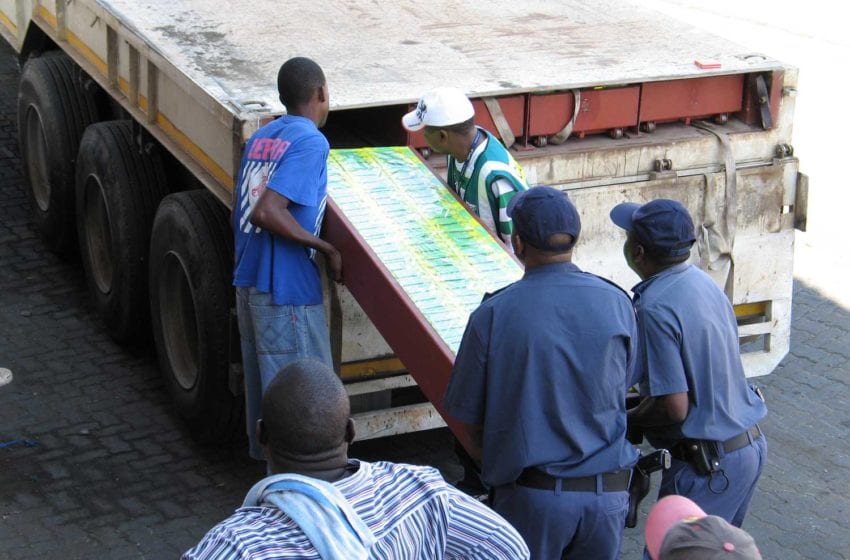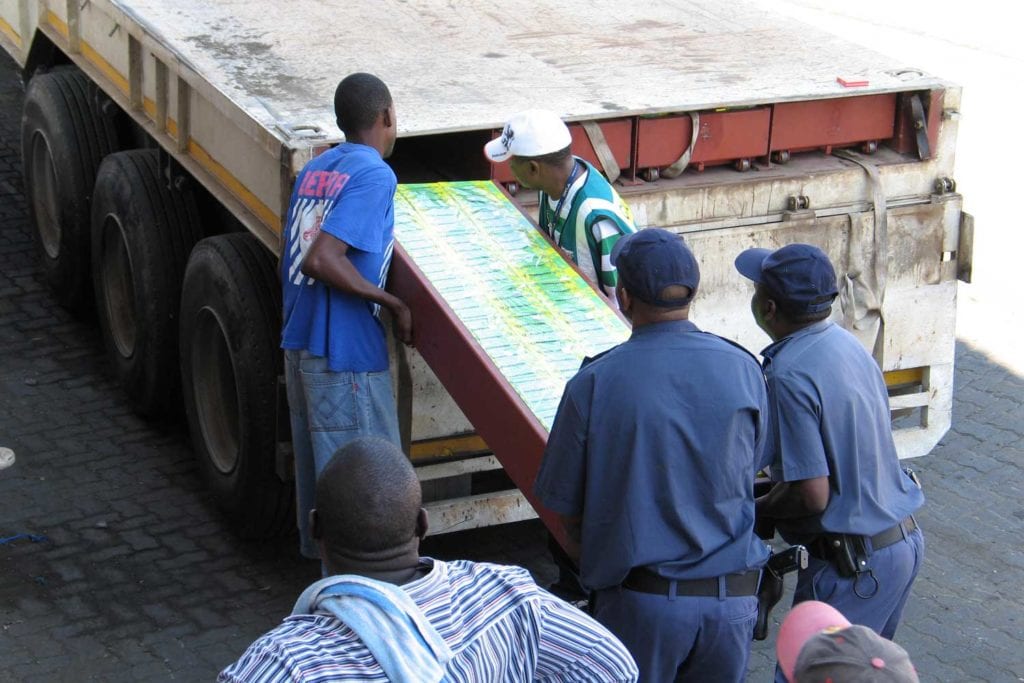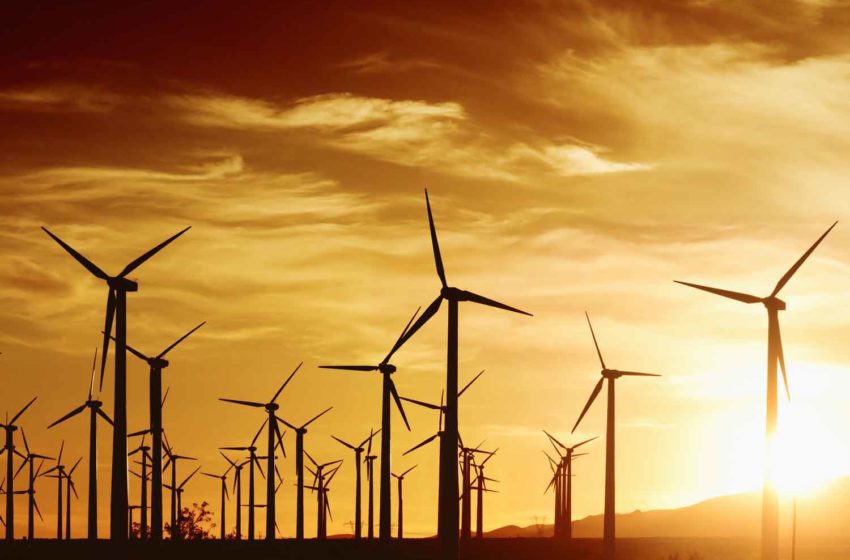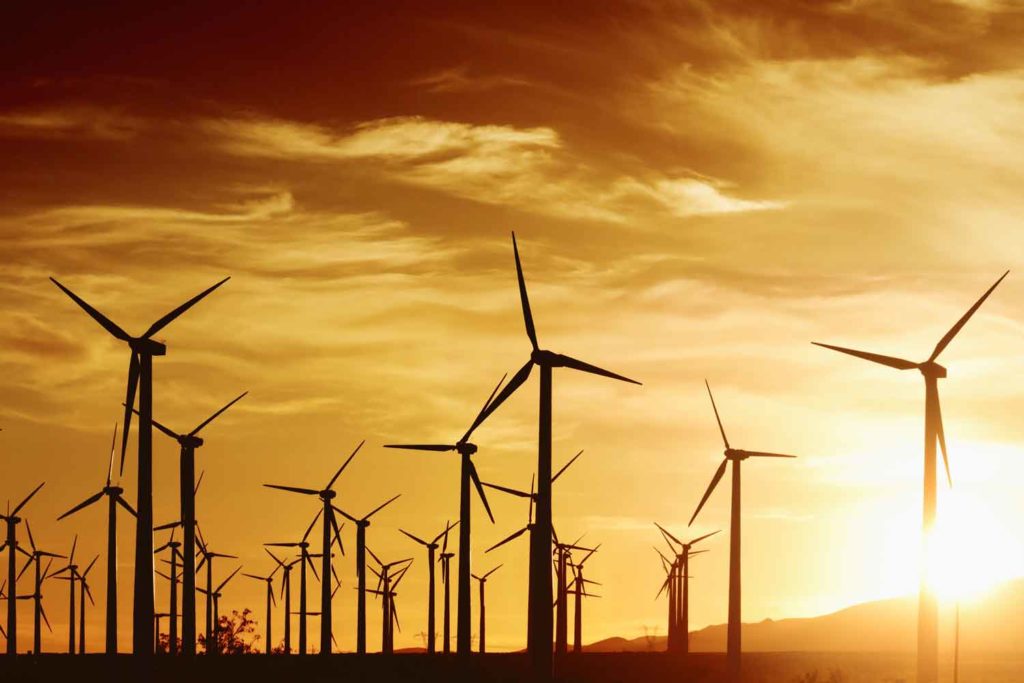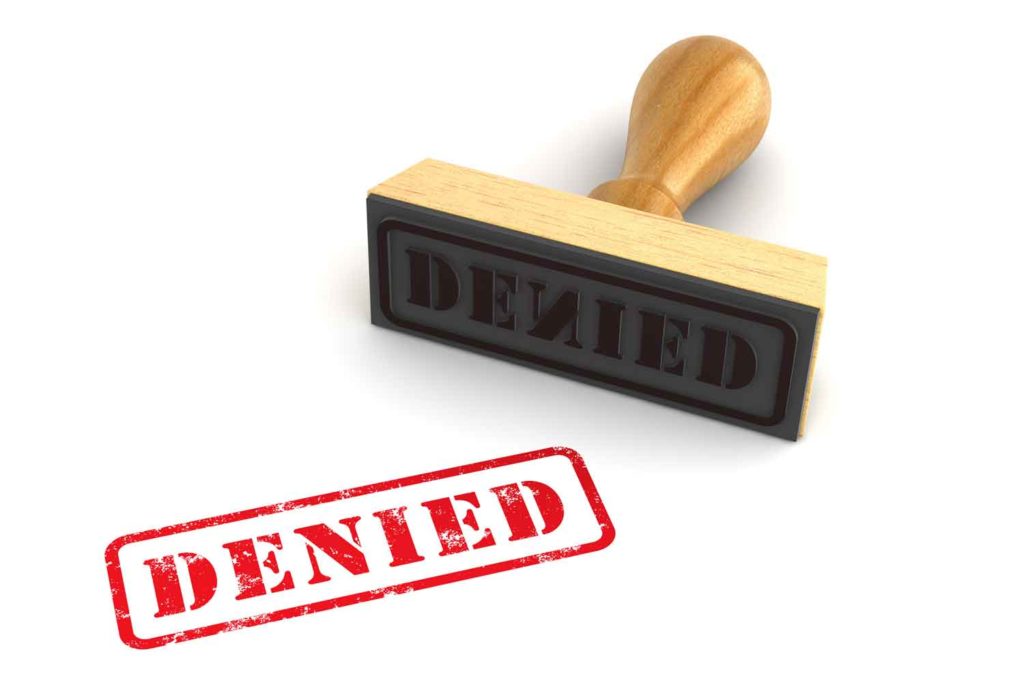
The U.S. Food and Drug Administration issued marketing denial orders (MDOs) to Fontem US for several Myblu electronic nicotine delivery system (ENDS) products after determining their applications lacked sufficient evidence to show that permitting the marketing of these products would be appropriate for the protection of the public health.
According to a notice published on the FDA’s website, the currently marketed products receiving MDOs include Myblu Device Kit, Myblu Intense Tobacco Chill 2.5% and Myblu Intense Tobacco Chill 4.0%.
In reviewing premarket applications for tobacco products, the FDA evaluates the risks and benefits of those products to the population as a whole, including users and nonusers of the tobacco product, and considers, among other things, the likelihood that those who do not currently use tobacco products will start using those tobacco products.
Based on the information submitted by Fontem US for these Myblu products and the available evidence, the applications lacked sufficient evidence regarding design features, manufacturing, and stability, according to the FDA. Additionally, the applications did not demonstrate that the potential benefit to smokers who switch completely or significantly reduce their cigarette use would outweigh the risk to youth, the agency said.
Tobacco products subject to an MDO may not be offered for sale, distributed or marketed in the U.S.

